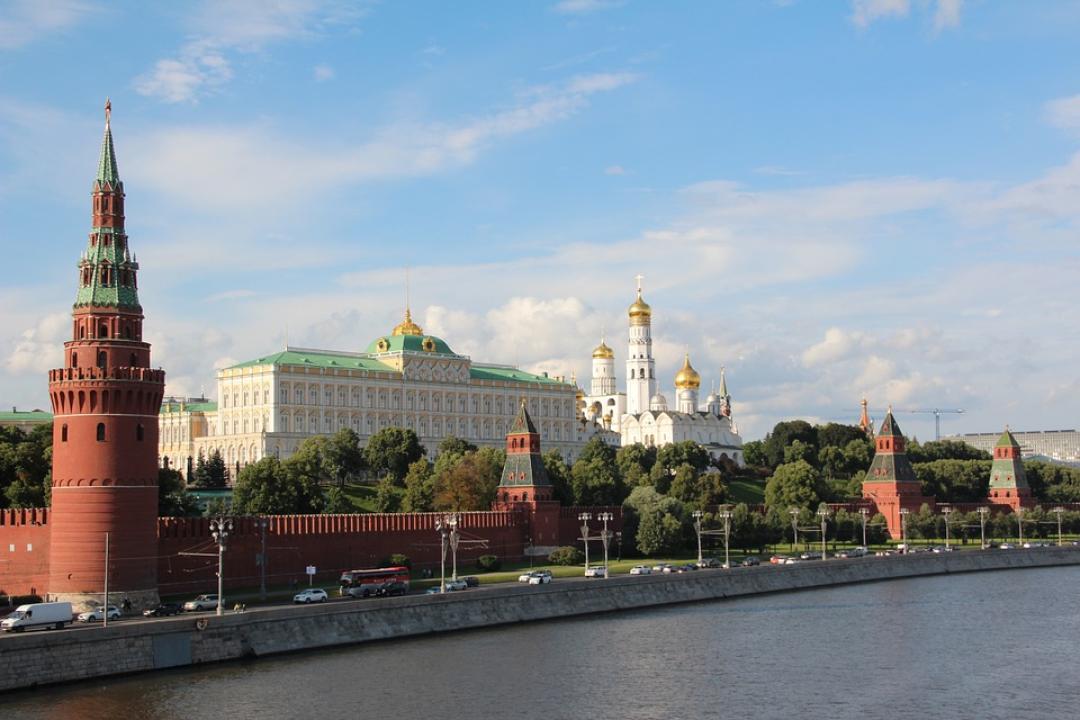
Russian OSCE Minsk Group co-chair counters Pashnyan’s article

On 13 January, the Russian OSCE Minsk Group co-chair Igor Popov counters the claims in Armenia’s Prime Minister Nikol Pashiyan article by saying that Russia never reduced the settlement of the Nagorno-Karabakh conflict to only the return of seven regions to Azerbaijan or ignores the question of its status.
In his article called “The Origins of the 44-Day War,” Pashinyan argued that the well-known Russian proposals first appeared in 2013 and took final shape in 2015. He said that the proposals called for the return of 7 regions to Azerbaijan according to the 5 + 2 formula, the return of refugees and the deployment of Russian peacekeepers. He argued that the proposals did not in any way touch upon the issue of the status of Nagorno-Karabakh.
According to Popov, what Pashinyan took as Russian proposals were most likely the phased settlement option, the latest version of which was submitted to the parties in June 2019. “That plan, which largely coincided with the Kazan Document, is based on the basic principles of the Nagorno-Karabakh settlement, including the return of five regions to Azerbaijan at the first stage, and two at the second, and - I will emphasise this - in conjunction with the definition of the status of Nagorno-Karabakh,” Popov explained.
The diplomat also pointed out that among other elements of the first stage reflecting the interests of Armenia, there was recognition of Nagorno-Karabakh's rights to organise full-fledged life of its population, participation of its representatives in OSCE meetings, lifting the blockade, opening borders, and making the parties commit not to use force. Commenting on the status of the territories, Popov drew attention to the fact that in recent years there had been proposals on the negotiating table that provided for the determination of the final legal status of Nagorno-Karabakh “by holding, within the timeframe agreed by the parties, under the auspices of the UN or OSCE, a nationwide vote expressing the free expression of the will of the population of Nagorno-Karabakh and legally binding in accordance with the norms and principles of international law.”
At the same time, according to the diplomat, the wording of the question or questions put to the vote were not to be limited by anything, and any result of the vote would be respected by the parties. “By the way, it was also proposed to consider the width and status of the Lachin corridor only at the second stage, taking into account the return of the Kelbajar and Lachin regions to Azerbaijan,” he added. Popov also pointed out that neither the Armenian nor the Azeri sides rejected these proposals, although it was not possible to reach full agreement, but negotiations continued on a regular basis until 2018, when Yerevan put forward new approaches.
The de facto authorities of Nagorno-Karabakh also reported that there was a violation of the ceasefire regime in the region and that an Armenian soldier was killed in the process. “As you know during the recent days they were shooting into air in Shusha, today’s shooting was already a concrete, targeted one which should be condemned as it means not only violation of ceasefire by Azerbaijan but violation of all arrangements and disrespect toward peacekeeping troops,” said the spokesperson of Karabakh’s de facto President Vahram Poghosyan, adding that the de facto authorities have already appealed to the Russian peacekeeping troops. No official response came from Baku in regard to the incident.
Meanwhile, the opposition parties in Armenia expressed their dissatisfaction, following the results of the meeting between Pashinyan and Azerbaijan’s President Ilham Aliyev in Moscow (Caucasus Watch reported), singling out Pashinyan’s failure to secure the release of Armenian soldiers and civilians held by Azerbaijan two months after the ceasefire.
“Azerbaijan’s agenda is being fully realised while the Armenian side’s is not,” said the leader of the opposition Bright Armenia Party (LHK) Edmon Marukyan. “Why? Because the symbol of our defeat continues to hold talks,” he added. “Pashinyan was taken to Moscow for doing only one thing: to sign up to the unblocking of transport routes and arteries vital for Azerbaijan,” said Naira Zohrabyan from the Prosperous Armenia Party (BHK). Both Marukyan and Zohrabyan stressed that in the run-up to the Moscow summit Pashinan said that the release of the Armenian prisoners of war is essential for opening the Armenian-Azerbaijani border for commercial traffic.
The prime minister candidate of the Homeland Salvation Movement Vazgen Manukyan described the meeting in Moscow as a “shameful defeat of Armenia.” “Azerbaijan has breached some points of the trilateral statement in its favor, particularly, points 1 and 8. Under point 1, the sides were to stop where they were on 9 November, and under point 8 they were to exchange all prisoners of war, hostages, other detainees and the bodies of the killed soldiers. On 11 January in Moscow, Aliyev laid down a new basis for the implementation of point 9, which calls for reopening of economic and transport links in the region. Under it, the Republic of Armenia guarantees the security of transport links between the western regions of the Republic of Azerbaijan and its Nakhichevan Autonomous Republic across Armenia, which is of great strategic importance for Azerbaijan,” Manukyan said adding that nothing was said about the settlement of the conflict within the framework of the OSCE Minsk Group and about the status of Nagorno-Karabakh during the Moscow meeting.
See Also


Armenia Records 5.9% GDP Growth in 2024, Missing 7% Goal

Yerevan Balances Strategic Ties with Both US and Russia, Says Foreign Minister

FM Mirzoyan: Peace Deal with Azerbaijan Is Within Reach

Pashinyan and Erdogan Hold Call, Reaffirm Commitment to Ongoing Dialogue

